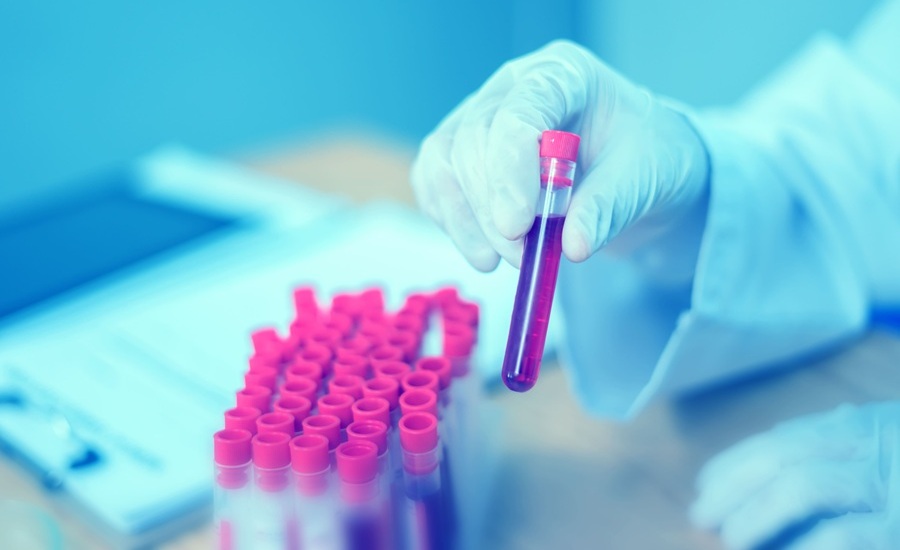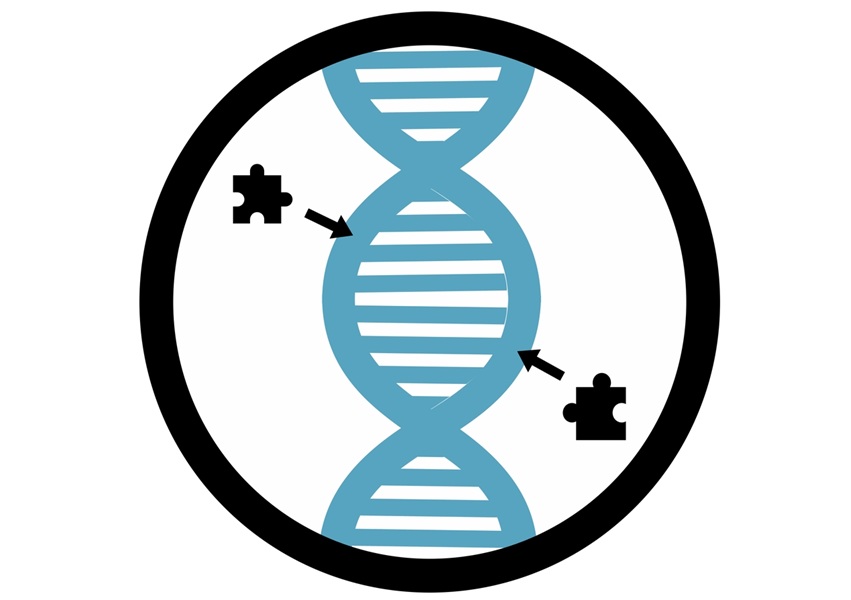Blood Test Uses Cell-Free DNA to Detect ALS Faster and More Accurately
Posted on 28 Oct 2025
Diagnosing amyotrophic lateral sclerosis (ALS), a rare and fatal neurodegenerative disease, is often a lengthy and complex process, as its early symptoms can mimic other neurological conditions. The lack of reliable biomarkers has long delayed accurate diagnosis and timely intervention, limiting treatment effectiveness. Now, a simple blood test that measures cell-free DNA could detect ALS earlier, more accurately, and less invasively.
Researchers at UCLA Health (Los Angeles, California, USA) in collaboration with the University of Queensland (Brisbane, Queensland, Australia), conducted the first-ever study to evaluate cell-free DNA — fragments released into the bloodstream from dying cells — as a potential biomarker for ALS diagnosis and disease monitoring.

The test functions by analyzing cell-free DNA signatures in blood samples, which originate from dying cells across different tissues affected by ALS. These fragments carry unique patterns of DNA methylation, a natural process that regulates gene expression. As ALS progresses, the disease alters both the amount of cell-free DNA released and its methylation patterns. By combining these molecular signals with machine learning models, researchers were able to identify distinct biomarkers that distinguish ALS from other neurological conditions.
In the study published in Genome Medicine, the team tested the method on two groups — ALS patients and healthy participants. The computational model accurately differentiated between individuals with ALS and healthy controls and was also able to provide insights into disease severity and progression. Importantly, it demonstrated the ability to discriminate ALS from other neurological disorders, a challenge for current diagnostic tools.
Another significant finding was that the test detected DNA from multiple tissue types, not just nerve cells. Signals from dying muscle tissue and inflammatory cells were also captured, suggesting that ALS may affect more than just the nervous system. This broader scope could enable a more comprehensive understanding of how the disease impacts various body systems.
Although the results are encouraging, researchers emphasize the need for larger, more diverse clinical trials to validate the findings. The team has already initiated a broader study in collaboration with other research institutions to confirm the accuracy and clinical applicability of this cell-free DNA biomarker test. If validated, the test could transform ALS diagnosis — providing neurologists with a fast, noninvasive, and precise tool to improve treatment decisions and potentially extend patient survival.
“There is an urgent need for a biomarker in ALS to diagnose patients more quickly, support clinical trials and monitor disease progression,” said the study’s lead author Dr. Christa Caggiano. “Our study presents cell-free DNA, combined with a machine learning model, as a promising candidate to fill this gap.”
Related Links:
UCLA Health
University of Queensland













